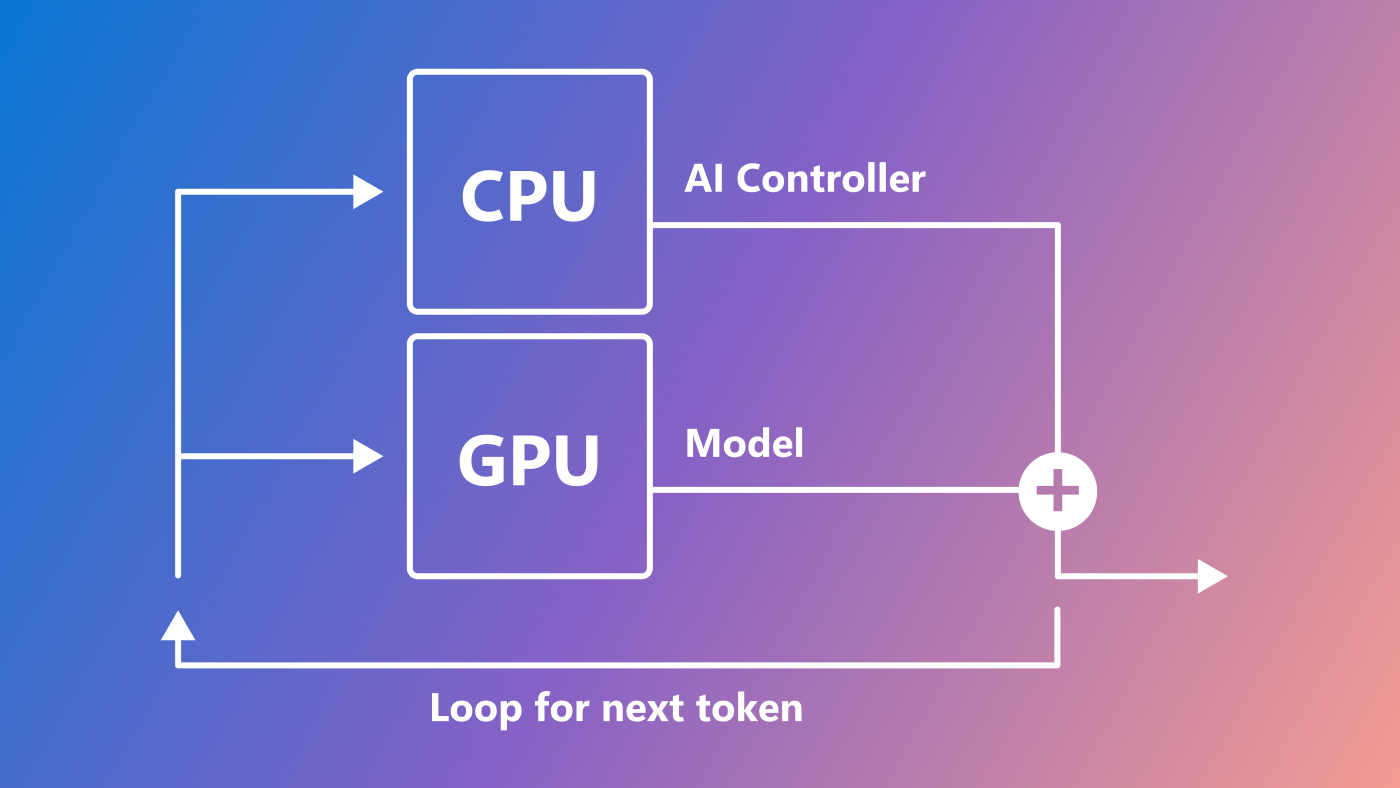
Elia: Revolutionizing Terminal Interactions with LLMs
In an age where efficiency and speed are paramount, those of us working with large language models are often looking for more effective tools to mediate that interaction. The growing reliance on such models makes it incredibly important for us to have streamlined methods for communication, yet many existing tools seem to throw roadblocks in our way. All too frequently, users find themselves switching between applications or wading through cumbersome interfaces just to get their queries answered. This is both time-consuming and frustrating.
Whether you’re just engaging with your local model or leveraging a state-of-the-art proprietary variant, the current solutions often feel lacking. Web-based interfaces, while commonplace, can be painfully slow, limiting our capacity to get the most out of these intelligent models. Even standalone applications tend to come with a set of convoluted requirements, demanding extensive setups that can leave users feeling exasperated and disheartened.
Enter Elia: A Player in the Terminal Space
This is where Elia comes into play—a terminal-based application designed to revolutionize how we interact with large language models. By offering a fast and user-friendly interface that operates directly within the terminal, Elia makes it easier than ever to chat with a variety of language models. What’s unique is Elia’s dual support for both popular proprietary models and local installations, making it a flexible ally in our quest for effective AI communication.
As a fervent advocate for keyboard-centric navigation, Elia immediately caught my attention. I’ve often bemoaned the complexities of mouse-driven interfaces, feeling that they interrupt the flow of thought and hinder productivity. As someone who enjoys working solely from the terminal, the idea that I can interact with models like ChatGPT, Claude, and Mistral without leaving my command line is extremely appealing.
 Exploring the potential of terminal-based interactions with LLMs.
Exploring the potential of terminal-based interactions with LLMs.
Notes on Flexibility and Usability
Elia’s commitment to usability is a breath of fresh air. Instead of dragging my fingers across various applications and settings, I appreciate that all interactions are stored in a local SQLite database, making them easily accessible for later review. The setup promises to be straightforward, requiring nothing more than a simple pipx installation and modifications to a single configuration file. This minimal overhead allows me to think less about the mechanics and more about the tasks at hand.
One of the most compelling aspects of Elia is its ability to interact with multiple large language models seamlessly. Users can choose between inline and full-screen chat modes, tailoring their experience to suit the current context. I envision experimenting with this feature in my day-to-day tasks—perhaps switching to a full-screen interface when deep in focus to avoid distractions.
Customization at Your Fingertips
Customization is another critical aspect that Elia nails beautifully. With the option to set a default model or tweak system prompts, users get to shape the interface to their liking. This level of personalization extends to adjusting syntax highlighting for code snippets, a feature that I personally find invaluable for keeping notes and snippets organized. Knowing I can add new models as needed, thanks to clear examples in the config file, fills me with excitement at the potential experimentation ahead.
“Elia tackles the complexities inherent in AI interaction head-on, ensuring users can focus on the models, not the workarounds.”
The focus is not just on ease, but specifically on effective capabilities. Users can run local models effortlessly through tools like Ollama or LocalAI without a lot of unnecessary hurdles. If there’s one lesson I’ve learned in the AI space, it’s that ease of access often correlates directly with productivity levels.
 Multiple models interacting harmoniously within Elia.
Multiple models interacting harmoniously within Elia.
Conclusively Forward-Thinking
In a world where every moment counts, Elia represents a necessary shift toward more efficient tools for the AI practitioner. Eliminating the cumbersome interfaces of yore, it provides a solution that harmonizes simplicity and robustness. There’s a noticeable gap between what we need and what we currently have, and I believe Elia steps up to bridge that divide.
Elia isn’t just a tool; it’s a paradigm shift in how we can interact with AI, and I look forward to seeing how this aligns with my workflows. By fostering a system where we can engage more naturally with language models, I genuinely feel excited for the future of terminal applications in the AI domain. Whether you’re a seasoned engineer or just dipping your toes into AI, Elia may very well become your go-to solution for all your language model needs.
As we stand on the cusp of a new era in AI interactivity, it will be interesting to see how solutions like Elia continue to evolve and redefine our interactions with technology. It’s safe to say that the days of convoluted interfaces are numbered with innovations like these.














